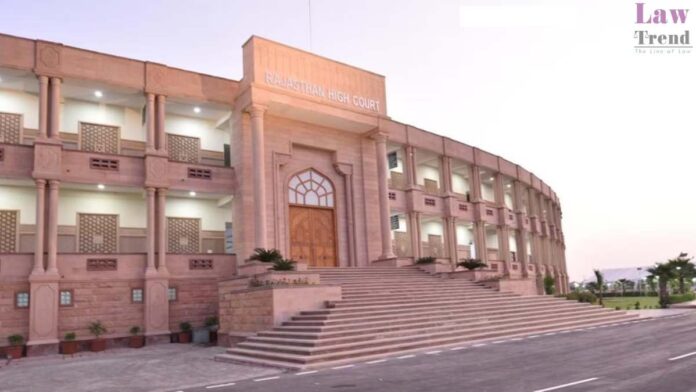The Rajasthan High Court has barred the Food Safety and Standards Authority of India (FSSAI) and the Genetic Engineering Appraisal Committee (GEAC) from granting permission for the sale, manufacturing, distribution or import of any genetically modified (GM) food or edible items in India until proper regulations are framed.
A Jaipur bench comprising Acting Chief Justice Sanjeev Prakash Sharma and Justice Sanjeet Purohit passed the order on Monday while allowing a PIL that raised concerns over the alleged circulation of GM food articles in violation of Section 22 of the Food Safety and Standards Act, 2006.
The bench termed the need for regulations “a pressing requirement” because of the issue’s direct and vital impact on public health. It directed the FSSAI and the Union Government to frame and notify the regulations under Section 22 of the Food Safety and Standards Act, 2006 within six months, following the procedure laid down in the Act.
The court observed that despite the seriousness of the issue, no standards, guidelines or regulations have been notified to date.
“Although the FSSAI has been established, yet the GEAC has been allowed to approve the import of GM edible oil in India due to the absence of regulations under Section 22 of the Act,” the court noted, calling this situation “astonishing.”
In a joint counter affidavit filed by the Union Government, Department of Consumer Affairs and GEAC, it was admitted that no regulations, standards or guidelines have been framed by FSSAI to regulate GM food under Section 22.
The GEAC’s clearance is mandatory for the environmental release of genetically modified crops. However, in the absence of notified regulations, GEAC has been approving imports, including GM edible oils.
The petitioners argued that there is no proper regulatory mechanism to control GM or genetically engineered food in India. They highlighted admissions by the Ministry of Health and Family Welfare confirming the absence of any standards for GM food.
They also cited a study by the Centre for Science and Environment, which detected the presence of GM ingredients in food items available in the Indian market. The PIL sought an immediate prohibition on GM food and processed food, withdrawal of permissions granted by GEAC for their import and sale, and removal of existing stock from the market.
The court directed the Centre and FSSAI to ensure that no GM foodstuff, edible items, or packaged food are imported into India until regulations are framed. It also ordered customs authorities across the state to ensure strict compliance with its directions.
Key Takeaways
- FSSAI and GEAC cannot grant any new permissions related to GM food until regulations are framed.
- The Centre has six months to frame and notify regulations under Section 22.
- Customs authorities must enforce a ban on imports of GM food during this period.
- The judgment underscores the regulatory gap in India’s framework on genetically modified food.




